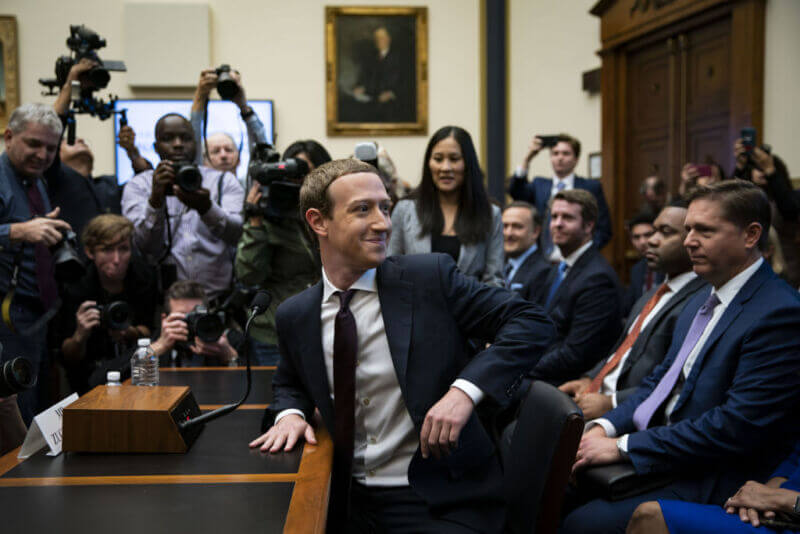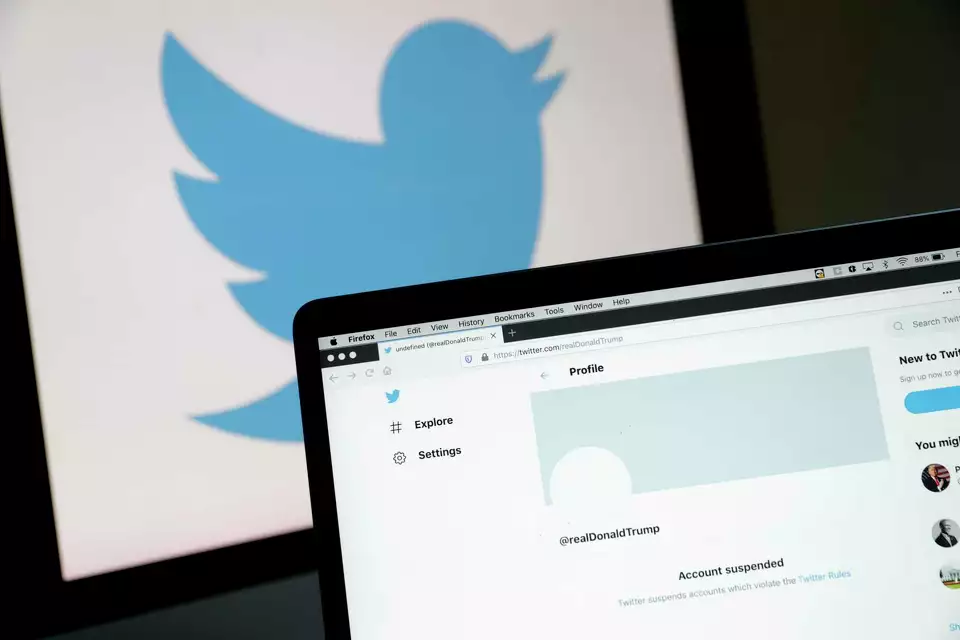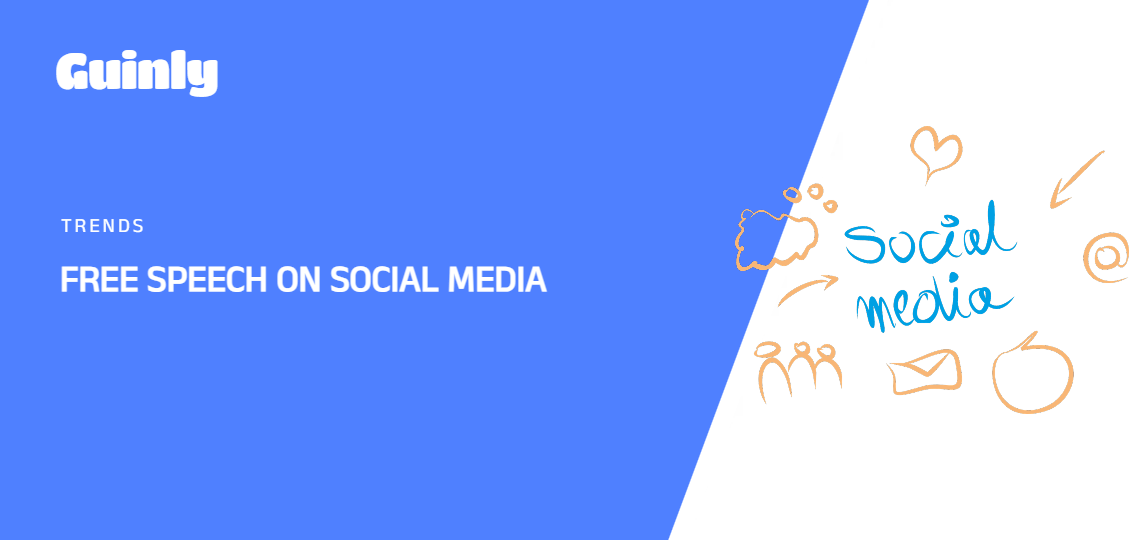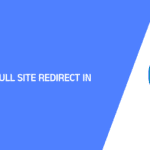Introduction
In today’s digital age, social media platforms have become the modern public square where ideas, opinions, and debates flourish. But with this newfound freedom comes the complex issue of free speech. What does it mean to have free speech on social media? Why is it so important? And how do we navigate the fine line between expression and censorship? This blog post will delve into the intricate world of free speech on social media, offering insights, historical context, and a comprehensive understanding of this critical issue.
What is Free Speech on Social Media?
Free speech on social media refers to the right of users to express their thoughts, opinions, and ideas without undue censorship or restraint by the platform. It’s an extension of the broader concept of free speech, which is a fundamental human right protected by various international laws and national constitutions, including the First Amendment of the United States Constitution. However, the private nature of social media companies and their policies complicate this issue.
The Importance of Free Speech on Social Media
- Democratic Participation: Social media platforms enable citizens to participate in democratic processes, share political views, and mobilize for causes.
- Cultural Exchange: These platforms facilitate cultural exchange and the spread of ideas across borders.
- Accountability: Social media can hold governments, organizations, and individuals accountable by exposing wrongdoing and amplifying voices that demand justice.
- Personal Expression: It’s a space for individuals to share their personal stories, experiences, and opinions, fostering a sense of community and belonging.
Historical Context
The concept of free speech has evolved over centuries. Here are some key milestones:
- Ancient Greece: The idea of free speech (parrhesia) was fundamental in Athenian democracy.
- Magna Carta (1215): While not explicitly about free speech, it laid the groundwork for individual rights.
- Enlightenment Era: Philosophers like John Locke and Voltaire championed free expression as a cornerstone of liberty.
- First Amendment (1791): The United States Constitution enshrined free speech as a protected right.
- Universal Declaration of Human Rights (1948): Article 19 states that everyone has the right to freedom of opinion and expression.
The Evolution of Free Speech in the Digital Age
The rise of the internet and social media has transformed the landscape of free speech. In the early days of the web, forums and chat rooms were the primary venues for online expression. However, the advent of social media platforms like Facebook, Twitter, and YouTube has dramatically expanded the reach and impact of online speech.
Challenges to Free Speech on Social Media
- Censorship and Content Moderation: Social media companies have policies to remove harmful content, but these policies can sometimes be overly broad, leading to censorship of legitimate expression.
- Algorithmic Bias: Algorithms that prioritize certain content can inadvertently suppress minority viewpoints.
- Government Pressure: Governments around the world pressure social media companies to remove content that they find objectionable, which can lead to censorship.
- Misinformation and Hate Speech: Balancing free speech with the need to control misinformation and hate speech is a significant challenge.
Case Studies
1. The Arab Spring (2010-2012)

Social media played a crucial role in the Arab Spring, a series of anti-government protests across the Middle East and North Africa. Platforms like Twitter and Facebook were used to organize protests, share information, and mobilize international support. This highlighted the power of social media as a tool for democratic change.
2. The Facebook-Cambridge Analytica Scandal (2018)

The scandal revealed how data from millions of Facebook users was harvested without consent and used for political advertising. This raised concerns about privacy, data security, and the manipulation of public opinion.
3. The Twitter Ban of Donald Trump (2021)

After the Capitol riots on January 6, 2021, Twitter permanently suspended then-President Donald Trump’s account, citing the risk of further incitement of violence. This move sparked a global debate about the power of social media companies to silence world leaders and the implications for free speech.
Balancing Free Speech and Responsibility
- Content Moderation: Effective content moderation is necessary to remove harmful content while protecting legitimate expression.
- Transparency: Social media companies should be transparent about their policies and how they are enforced.
- User Control: Giving users more control over their data and the content they see can help balance free speech and safety.
- Legal Frameworks: Governments need to create balanced legal frameworks that protect free speech while addressing issues like hate speech and misinformation.
Insights and Resources
- Electronic Frontier Foundation (EFF): An organization defending civil liberties in the digital world.
- Free Speech on the Internet: A Guide: Wikipedia’s comprehensive guide to free speech laws around the world.
- The Ethics of Free Speech: An in-depth analysis from the Stanford Encyclopedia of Philosophy.
Conclusion
Free speech on social media is a complex and evolving issue that requires a delicate balance between protecting individual rights and ensuring public safety. By understanding the history, challenges, and responsibilities associated with online expression, we can better navigate this digital landscape. Whether you’re a student, developer, or casual user, staying informed and engaged in these discussions is crucial for the future of free speech in our interconnected world.






